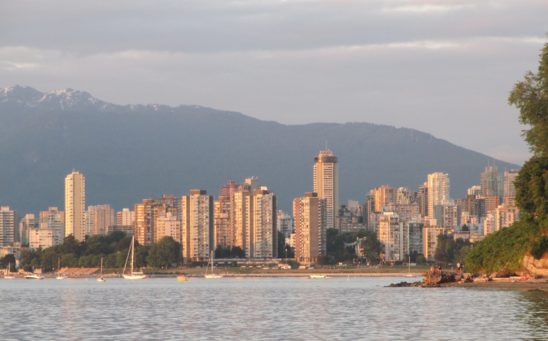
What: The Canadian Network for Innovation in Education connects educators, administrators and practitioners in a bilingual, pan Canadian network. The group promotes research and advances in both open and distance education and the use of educational technologies. CNIE addresses all educational contexts, including K-12, post-secondary and the private sector.
This year the conference title is Making Waves: Educational Disruptions and Transformations. The main themes/conference streams use surfing metaphors:
- Open Horizons: Open textbook, education, pedagogy and research
- Epic Wipeout: We are always willing to celebrate our successes; this stream will celebrate failures and the learning and growth that comes from them
- Incoming Tsunami: Research and work done by graduate students
- The Impact Zone: A dialogue series, on indigenous/inclusion/student well being, between student and designer/educator/instructor
- Stoked for Innovation: Dialogue between elementary, secondary and post-secondary educators/learning designers
- Distant Shores: Online Distance Education
- Amped to Ride the Party Wave: Collaboration and collaborative practices in distance education
Additional streams may be added as suggestions come in from members. A finalized version will appear with the official call for papers.
Where: University of British Columbia’s Vancouver campus, hosted by the Faculty of Arts
When: May 21-24, 2019
Who: Keynote speakers include:
- Mary Burgess, Executive Director, BCcampus
- Stephen Downes, Digital Technologies Research Centre at the National Research Council of Canada
- yours truly (for the title and abstract of my presentation see below)
How: The call for proposals is now open and closes on 15 December, 2018.
For registration information, click here. Registration opens early in 2019.
My presentation
The title and abstract are still to be confirmed by the conference organisers, but here is what I am proposing:
Comment
This is the major annual Canadian conference on educational technology. Most of the Canadian movers and shakers in this field will be there (plus me).
There is probably nowhere more beautiful than Vancouver in May as my photo above indicates (although it has been known to rain sometimes). The UBC campus still has the nicest location in Canada, despite the administration’s tendency to build on any open space available. (There are so many diversions caused by construction that one student wag wrote on a footpath barrier: ‘UBC is the only place in the universe where the shortest distance between two points is not a straight line’.) But don’t be put off by this. Maps will be provided.
In a city where real estate prices are among the highest in the world, the conference has arranged for some relatively low-cost, good quality conference accommodation at the Walter Gage Residency close to the conference. However, the university is located about 30-45 minutes by taxi or public transit from the downtown, so if you want to stay downtown or nearby you will need to find a hotel or an airbnb or equivalent. But do come: with the price of oil so low, we need your dollars.









 Dr. Tony Bates is the author of eleven books in the field of online learning and distance education. He has provided consulting services specializing in training in the planning and management of online learning and distance education, working with over 40 organizations in 25 countries. Tony is a Research Associate with Contact North | Contact Nord, Ontario’s Distance Education & Training Network.
Dr. Tony Bates is the author of eleven books in the field of online learning and distance education. He has provided consulting services specializing in training in the planning and management of online learning and distance education, working with over 40 organizations in 25 countries. Tony is a Research Associate with Contact North | Contact Nord, Ontario’s Distance Education & Training Network.

